Hi everyone :)
Land degradation
is a process, defined by the permanent or irreversible changes and losses soil is affected by. The structures, characteristics and functions get changed or destroyed because of chemical, physical and biotic influences which surpass the capacity of the system. It happens in nature as efflorescence and the in- and output of substances with air and water changes soil permanently. Normally, these effects happen slowly over a long period of time, slow enough for the system to adapt to the new circumstances. Unfortunately, human actions speed the process up.
The causes
of anthropogenic soil degradation are widespread. Deforestation, clearcutting, urban sprawl, inappropriate irrigation, overgrazing, using monocultures, soil salinity, overuse of fertilizers, soil compaction, pollution, dumping of non-biodegradable trash, mining & industrial activities...the list of negative impacts continues. The effects these causes have on our soil, are listed in the next graphic.
Natural degradation hazards can be monsoonal rains and soils which aren't very resistent to water erosion. Arid and semi-arid climate zones face wind erosion related to the sandy soils that develop as a result of the dry climate. Areas erode, where soil isn't naturally protected by vegetation. Imagine it like a wall where soil hides behind to be protected from natural forces. An extreme example for it are the "dust bowls". Using land for agriculture, mostly for growing wheat, the grass, holding the soil together & protecting it, was cleared and combined with the water shortage resulted in heavy sandstorms. (second picture)
These natural forces can also be very strong in case of natural disasters like tsunamis or earthquakes, which erode lots of soil in a short time. If we talk about toxic land, we always have the pollution through human activities in mind. While this is very true, nature itself is having toxic grounds from themselfes which are degraded too.
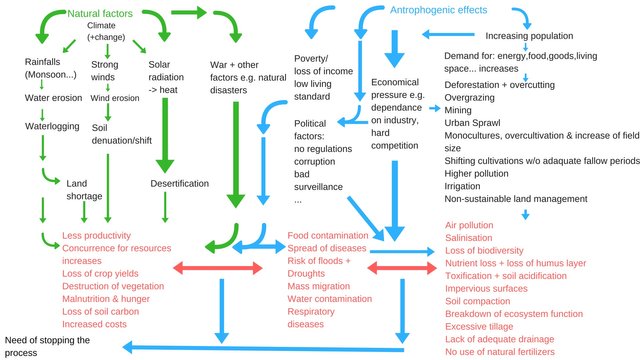
A grafic to illustrate some reasons and effects of degredation by putting them into relations by arrows
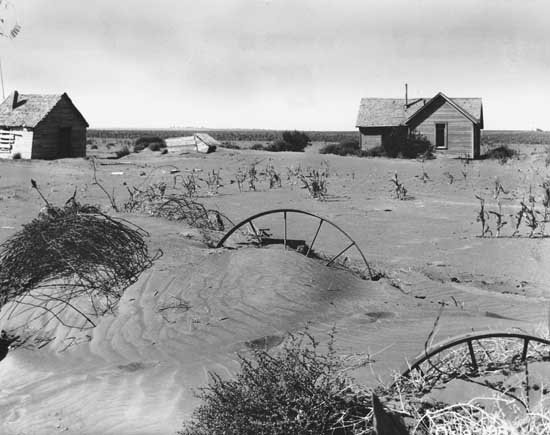
Dust bowls occurred in the early 1900's in the USA - an environmental disaster
Kinds of degradation
Degradation can generally be distinguished between the wind and water erosion. The other three categorys are physical, chemical & biological degradation. Wind & water erosion are characterised by the loss of humus layer (storms, heavy rainfalls...), destruction of the vegetation and deformation of the surfaces e.g. by forming ditches. On the other hand, the physical, chemical and biological degradation deal more with the intern factors of soil, such as ph-values, the amount of nutrients, compression or the bacteria contained in the soil. Looking at percentages, water erosion is the main factor in areas of overgrazing and deforestation with over 50 % degradation caused by it.
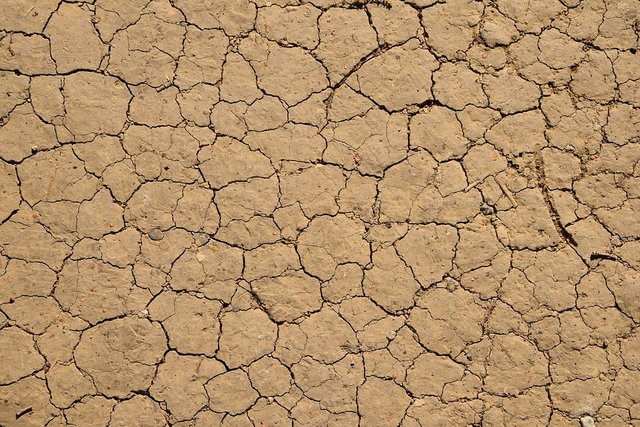
An example of how a degraded ground looks like
Why will we face the consequences of this process?
As a result of these degradation processes, worldwide issues occur. A rising number of humans on our planet equals a higher demand for goods, foods and energy. Degraded land is counterproductive if this task should be solved in a steady state, where a balance between the time for using soil and letting it regenerate is maintained. Less land -> less food & goods and less energy.
Malnutrition & food contamination has to be used in this context aswell as migration from people living in areas where desertification becomes a threat. Warning voices talk about 50 million refugees in the future, trying to escape the misanthropic regions. Poor water supplies and high water pollution and the increased threat through water by floods create high risks for the population staying in these sectors.
We also face a lower Co2 regulation because we 1. lose the trees that are used as firewood and are cutted for farms and 2. can't equally replace them as the ground for it is continuously getting damaged by non-sustainable methods.
Another huge danger is a range of health effects and the favour of spreading diseases like malaria. Less woods means less protection for pools of water against temperature, so they heat up. Also tree bowls are gathering pool water and ditches with less acid water create a better environment for the malaria spreading mosquitos to reproduce.
Staying at health effects, chemical fertilizers in the water & soil aswell as dust due to desertification can be negative for our health and if we think about money, we can HODL forever to compensate the billions worth of ecosystem-services we lose every year.
Never lose overview!
To prevent this issue, it is important to map the state and circumstances for the region by continuously analysing soil in the laboratory to determinate the current state and making predictions on future development. Rainfall, soil erodibilty and texture, the vegetation cover, controll practices, slopes and the influence of how the ground is used play an important role to stay up to date with changing circumstances. Socioeconomic trends have to considered too, providing reasons for changes in the usage and side-effects of movements, directly or indirectly having an impact on soil quality.
Floods from the Judean mountain created this ravine in less than an year, showing how fast landscapes can be re-shaped by water erosion.
What can be done against it?
Mining and industry have to be restricted in these areas to prevent further damage. Overfarming can be regulated aswell as the negative side-effects of mining (water pollution, pollution through dust, acid rock drainage...) and any other production overusing soil or harming it directly. A clear management on how to deforest in a relatively neutral way, enabling rehabilitation and re-growth of the trees must also been implemented in future plans to stop this process. Temporary success and profit shouldn't be build up by in a way, where quick money is more important than the state of our ecosystem. In the grafic below, some measures to fight soil degradation are listed:
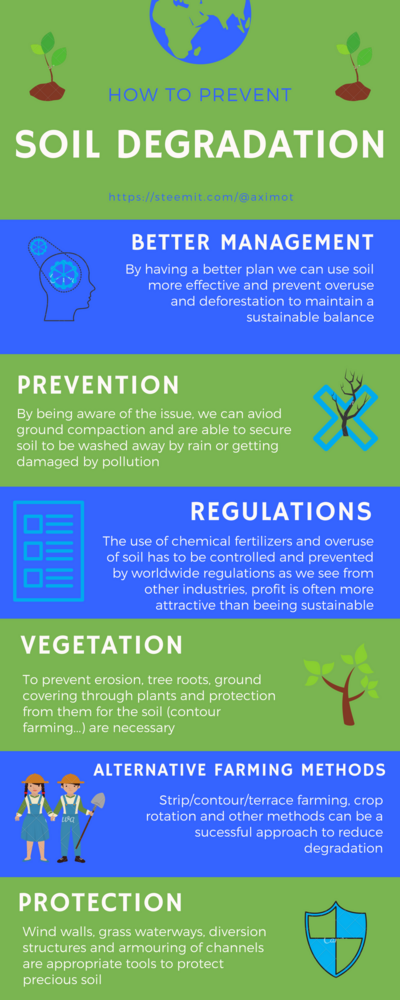
Implementing such measures can help the highly effected regions in Africa and Asia, but also countries in Europe, where we normally would think soil degradation should be less of a problem. Germanys "Umwelt Bundesamt", the Environmental Federal Office of Germany, states that over 50 hectares are turned into impervious surfaces per day (!). They also show that even industrialized countries have problems with the degradation because of agricultural practices and raise another important point. The import of goods like palm oil, soja or meat cause thousands of square kilometers of the rainforest to be destroyed. Consumers have a big influence on what, how much and under which circumstances a good is produced. Awareness is important and everyone should pay at least a bit attention on how life on earth is affected by our consume if we want to keep our economy, health and future generations secure.
What is getting done against it ?
"Reversing the effects of land degradation and desertification through sustainable land management is key to improving the lives and livelihoods of more than 1 billion people currently under threat."
![]()
- this is a quoted goal, targeted to be achieved by 2030 from the United Nations which they formulated in their "Sustainable Development Goals." RECARE, founded by the EU to create measures for restoration of soil or the Red Soil Project which wants to encourage farmers in Uganda to use sustainable agricultural techniques and many other projects provide us useful data and methods for a worldwide awareness of the topic and are the basis of necessary counteractions. Experts call on governments to turn the plans of stopping this harming of nature into reality and state how investments have to be made and incentives have to get established for the big companies aswell as the little farmers and even to the consumer.
Conclusion
Nature is a public good we use without paying money or even attention on. If it is the waste that we throw into a bush, the companies we buy from even if we now about the terrible production methods were water pollution ,greenhouse gases and exhaust gases slowly add up to irreversible harming of an ecosystem we should live in peace with as our whole life depends on it. I guess a big change has to happen, otherwise we will see it in the near future - never punch the hand that is feeding you. Hurting our ecosystem, we hurt ourselfes. It's not about turning into a society to turn into full-time hippies, but the need of creative, intelligent and ambitious people to use their abilities, enabling industry, governments and society to maybe turn into part-time hippies if necessary to save the dirt we are standing on. Without soils we cannot sustain life. That being said
Have a nice day :)
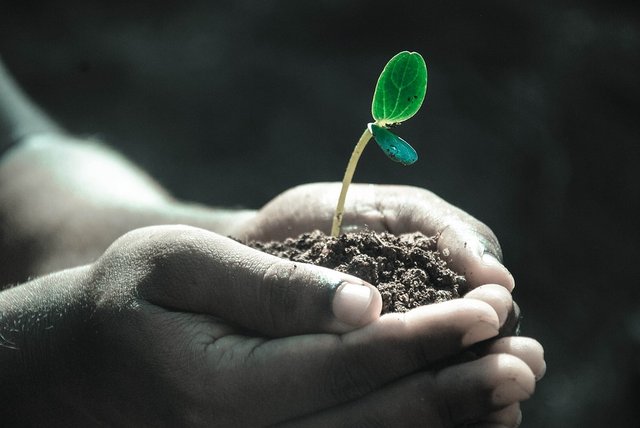
SourcesTexthttp://www.fao.org/docrep/v4360e/V4360E08.htmhttp://lrrpublic.cli.det.nsw.edu.au/lrrSecure/Sites/Web/5801A/equine/environment/NaturalResources/1801_r403_LandDegradEffects_eq1/LandDegradEffects_eq1.htmhttps://www.conserve-energy-future.com/causes-effects-solutions-soil-degradation.phphttps://www.umweltbundesamt.de/presse/pressemitteilungen/weltweit-gehen-jaehrlich-10-millionen-hektarhttp://www.un.org/apps/news/story.asp?NewsID=48342#.Wkvd1nlFcuVhttps://en.wikipedia.org/wiki/Land_degradationhttp://hypersoil.uni-muenster.de/0/02/02/01.htm (translated)http://www.spektrum.de/lexikon/geographie/bodendegradation/1110 (translated)https://www.ukessays.com/essays/environmental-sciences/cause-and-effects-of-land-degradation-environmental-sciences-essay.phphttps://www.wikihow.com/Prevent-Soil-Erosionhttps://www.theguardian.com/environment/2013/apr/17/desertificationhttps://www2.klett.de/sixcms/media.php/229/104103-4205.pdf (translated)https://www.ncbi.nlm.nih.gov/pmc/articles/PMC1691978/pdf/C3LAR46E2QJ4E9R2_352_891.pdfhttp://apps.who.int/iris/bitstream/10665/177155/5/Synt_R_5.pdfhttps://www.intechopen.com/books/environmental-land-use-planning/effects-of-land-degradation-on-soil-fertility-a-case-study-of-calabar-south-nigeriahttps://www.klett.de/alias/1012387 (translated)https://de.wikipedia.org/wiki/Dust_BowlPicturesPicture 1 was created with Canva.comhttps://media1.britannica.com/eb-media/61/79961-004-14C26441.jpghttps://cdn.pixabay.com/photo/2017/05/05/22/29/earth-2288405_960_720.jpghttps://upload.wikimedia.org/wikipedia/commons/thumb/b/b0/Dead_Sea_Coastal_Erosion_March_2012.JPG/1920px-Dead_Sea_Coastal_Erosion_March_2012.JPGhttps://upload.wikimedia.org/wikipedia/commons/thumb/b/b0/Dead_Sea_Coastal_Erosion_March_2012.JPG/1280px-Dead_Sea_Coastal_Erosion_March_2012.JPGPicture 6 was created with Canva.comhttp://www.un.org/sustainabledevelopment/wp-content/uploads/2015/09/Icons-FINAL.pnghttps://cdn.pixabay.com/photo/2016/11/19/11/11/hands-1838658_960_720.jpg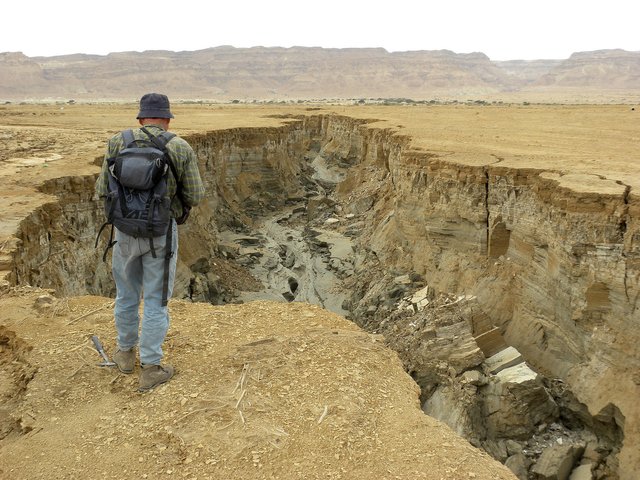
Wow!!! Nice and cool post thanks for shari g,you can upvote @horlly posts
Downvoting a post can decrease pending rewards and make it less visible. Common reasons:
Submit
Thanks :)
Downvoting a post can decrease pending rewards and make it less visible. Common reasons:
Submit
You welcome
Downvoting a post can decrease pending rewards and make it less visible. Common reasons:
Submit
Good post
Downvoting a post can decrease pending rewards and make it less visible. Common reasons:
Submit
Nice post, but I found many spelling mistakes. You can use grammarly to avoid such mistakes. Apart from this I really liked your post.
Downvoting a post can decrease pending rewards and make it less visible. Common reasons:
Submit
Thanks ;) Checked it again and found some horrible mistakes. Have to practice more it isn't my mother language :D
Downvoting a post can decrease pending rewards and make it less visible. Common reasons:
Submit